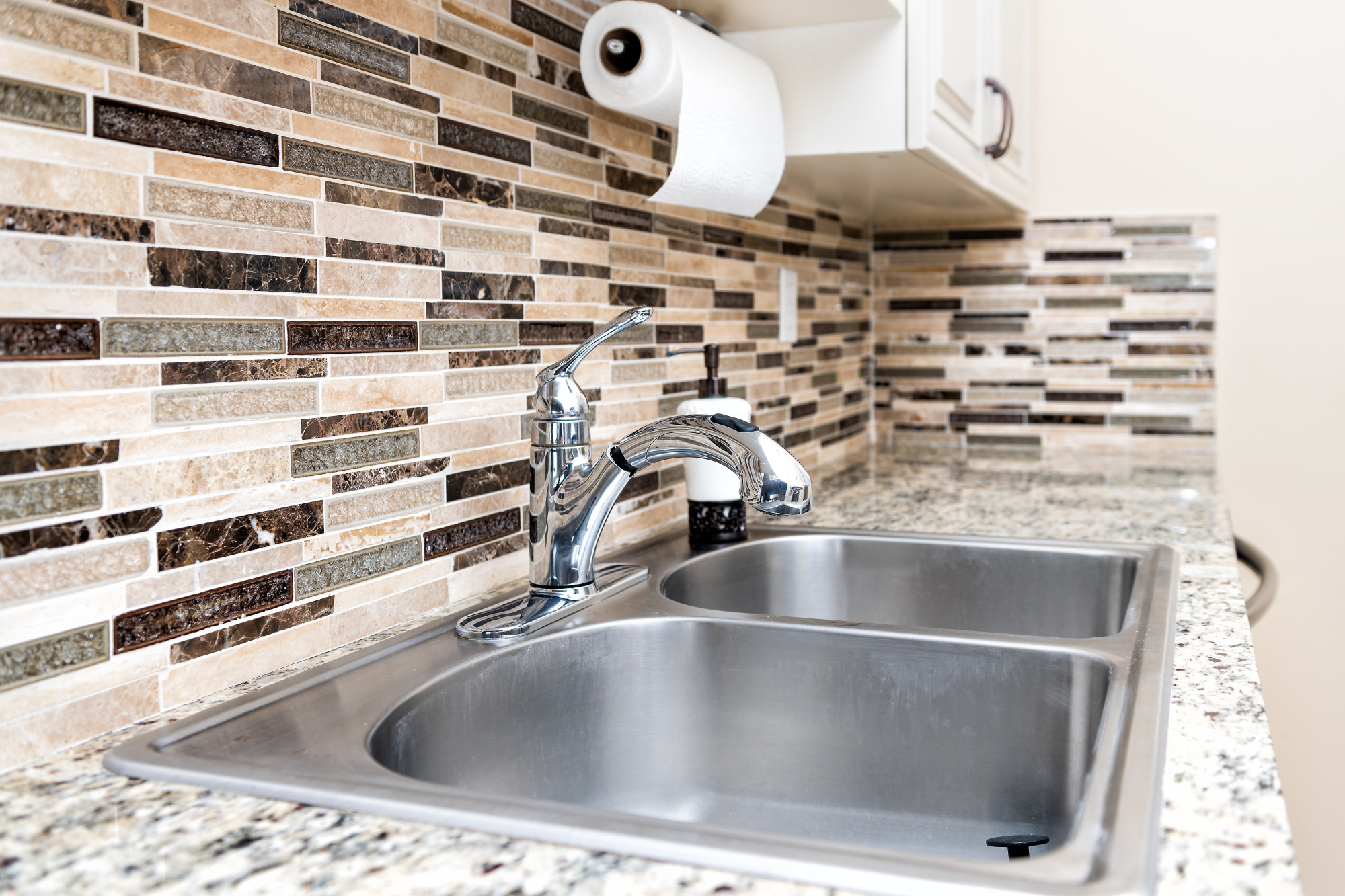Getting a new key made may seem like a quick, straightforward task. However, there are several important factors to consider beforehand to ensure you get the right type of key made accurately for your needs. Taking the time to get informed before visiting the key cutter can save you the hassle and expense of getting unusable keys made.
Which Key Needs to Be Made?
Identify the type of key you need to be copied or replaced. Common key types include flat metal keys for exterior doors and deadbolt locks, car keys with integrated fobs, small lightweight keys for padlocks, mailbox keys, keys for furniture or cabinets, and specialized high-security keys.
When you need a key made, the style and shape of the key blade must match the corresponding lock. Attempting to use the wrong key type for a lock, even if it is cut correctly, will not work. It is essential to bring the actual lock with you to the key cutter or, at a minimum, take careful note of the make and model of the lock and keyway pattern. This ensures the cutter selects the proper key blank and makes the correct key cuts.
Choosing the Blank
Verify that the blank key used is an exact match for your existing key or lock. Key cutters keep stocks of generic key blanks in common styles, but blanks can vary slightly between brands. Subtle differences in the profile, thickness, material, or grooves of the blank will result in a final key that does not work, even if it is cut accurately. When duplicating an existing key, examine the original closely and request the same brand of blank. For high-security locks, the proper proprietary key blanks may need to be sourced directly from the manufacturer. Taking steps to guarantee the correct key blank is imperative to getting a working key.
Provide Any Existing Working Keys
If you need a duplicate made of an existing key, providing the working key allows the cutter to match the cuts exactly. This is the best way to guarantee accuracy. Make it clear you want a duplicate, not a replacement key, to avoid confusion.
Specify the Number of Keys Needed
Key cutters can duplicate a single key or make multiple copies at once. Decide how many duplicate keys you need to have made while you are there. Spare keys are handy for family members, neighbors for emergencies, hiding a key on the property, etc.
Request Key Tags
Many key cutters provide colored plastic key tags to identify each key. This can help differentiate between house keys, car keys, etc. Make use of these tags to organize your keys and save confusion.
Watch the Cutting Process
It only takes a key cutter seconds to cut a key, but stay to observe the process. This way you can ensure the correct blanks are used, the cuts match precisely, and the number of keys requested are made.
Ask About Key Copying Policies
There are legal restrictions regarding duplicating certain high-security keys. Inquire with the key cutter about their policies to avoid any issues. Provide proper identification when having restricted keys made.
Following these simple guidelines helps eliminate mistakes when getting new keys made. Knowing exactly what type of key you need, providing working keys, staying to observe the key cutting, and testing keys ensures you get well-made duplicates that will work flawlessly in their respective locks. Taking a few extra steps when getting keys made can save considerable time, money, and headaches down the road.











